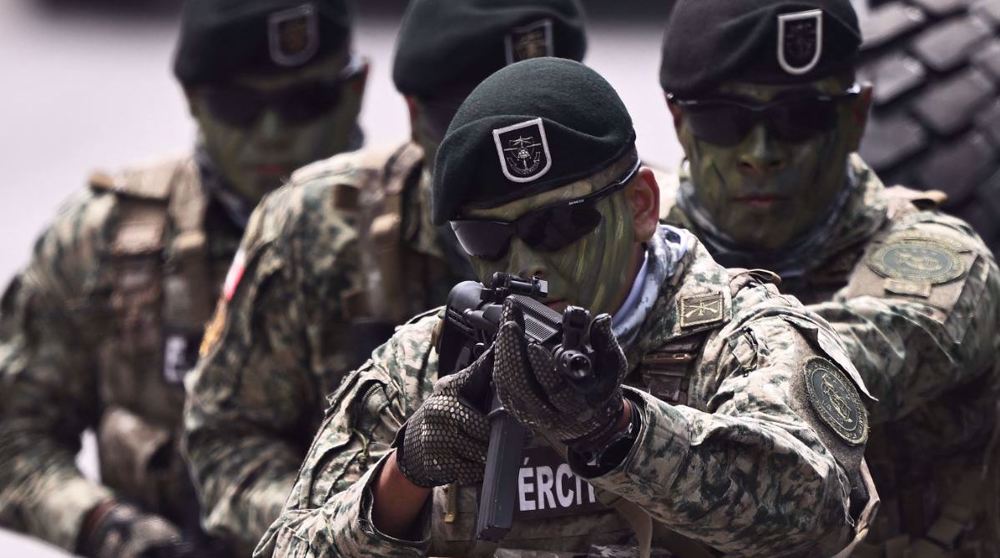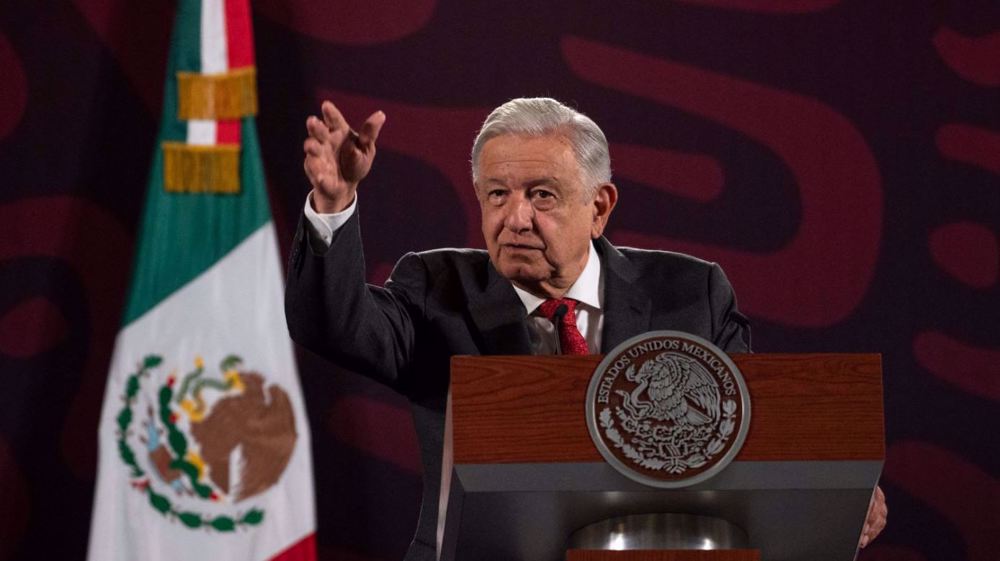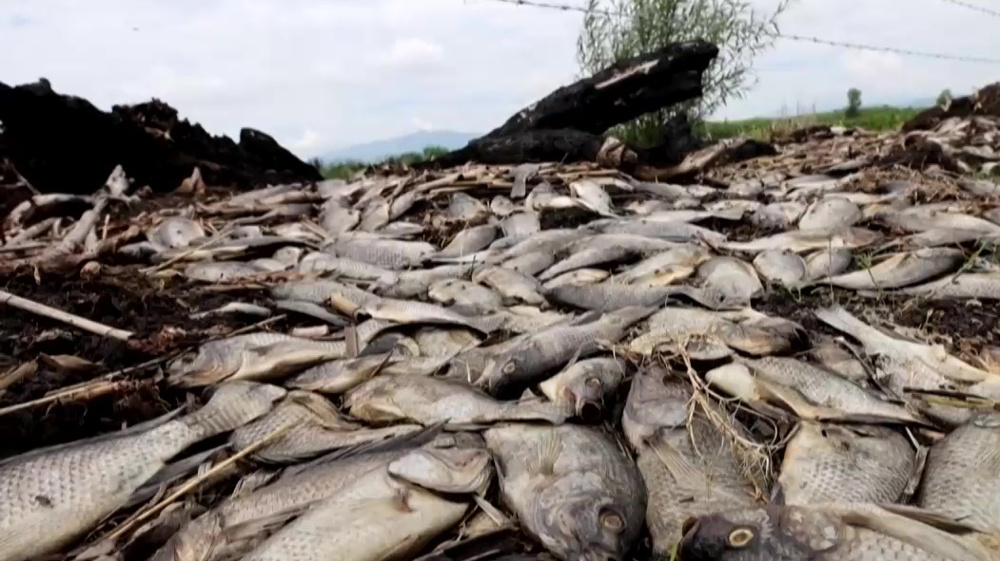Mexico police, military sexually abuse incarcerated women: Amnesty
Amnesty International says Mexico’s police and military have routinely mistreated and sexually abused women during detention and interrogation, charging them with having links to drug cartels in a bid to boost drug-related arrests.
In a shocking 60-page report, titled “Survive to the death,” released on Tuesday, the Britain-based rights group detailed interviews and testimonies of 100 women who reported that during their arrest and interrogation, they faced sexual torture by municipal, state or federal police officers or members of the Army and Navy.
Seventy-two of them said that they were sexually abused during or soon after their arrest, and 33 of them reported being raped. Most of them said that they were beaten, suffocated with plastic bags to near asphyxiation, electro-shocked, touched and groped during detention and interrogations. It added that all of these women had also experienced other forms of ill-treatment and psychological abuse, when they were held in federal prisons.

“These women’s stories paint an utterly shocking snapshot of the level of torture against women in Mexico, even by local standards. Sexual violence used as a form of torture seems to have become a routine part of interrogations,” said Erika Guevara-Rosas, the Americas director at Amnesty International, in the report.
According to the report, most of these women were young low-income people from marginalized backgrounds, and in many cases they were illegally busted on fabricated charges of having links to drug cartels.Ten women were also reportedly pregnant during the time of arrest while eight subsequently suffered a miscarriage.
“Police appear to be using them as easy targets for arrest to boost figures and show society that the government's security efforts are yielding results” in its war against drug cartels and organized crime, the report further said, adding that many of these victims were presented to the media as “criminals” straight after they were forced to “confess” to the crimes.

The report went on to say that only for 22 reported cases the authorities opened investigations after 66 of these women reported the abuse to a judge or other authorities.
“Mónica, a 26-year-old mother of four, was gang-raped by six police officers, received electroshocks to her genitals, was suffocated with a plastic bag and had her head plunged into a bucket of water in the city of Torreón, Coahuila state in northern Mexico on 12 February 2013,” the report related the appalling story of one of these women, adding that security officials tried to force her to confess to being part of a criminal gang.
The officials also forced her to watch her brother and husband as they were being tortured in front of her, as well as forcing her brother and husband to watch her as she was being gang-raped. Soon after, her husband succumbed to his injuries and she was forced to sign a “confession” saying she was part of a drug cartel.

“This failure to carry out proper investigations and bring those responsible to justice sends a dangerous message that raping women or using other forms of sexual violence to force confessions is tolerated and actually allowed. Mexican authorities seem determined to keep this issue in the dark,” Guevara-Rosas further said.
“Mexico’s eagerness to cover up this national crisis beggars belief. Instead of trying to cover-up thousands of reports of torture and other ill-treatment, they should focus their energies on ensuring torture is stamped out once and for all by ensuring that those responsible face justice and victims are granted adequate reparations,” she added.
Police corruption, drug cartels and organized crime are the greatest challenges facing Mexico. Official figures show that more than 35,000 people are currently missing in the country due to violence. Thousands of people have also been killed in drug-related violence over the past few years.
VIDEO | Sydney protesters call permanent peace in Gaza
Leader leads funeral prayers for assassinated Supreme Court judges
VIDEO | Press TV's News Headlines
London's Gaza rally organizer among those detained by Met police
Iran’s sovereign fund earmarks $115 mln to AI research
Qassam Brigades: Al-Aqsa Strom final nail in Israeli regime’s coffin
Press TV Türkçe, Hispan TV Brasil officially launched by IRIB World Service
VIDEO | Epic failure of Israeli regime's genocidal war










 This makes it easy to access the Press TV website
This makes it easy to access the Press TV website